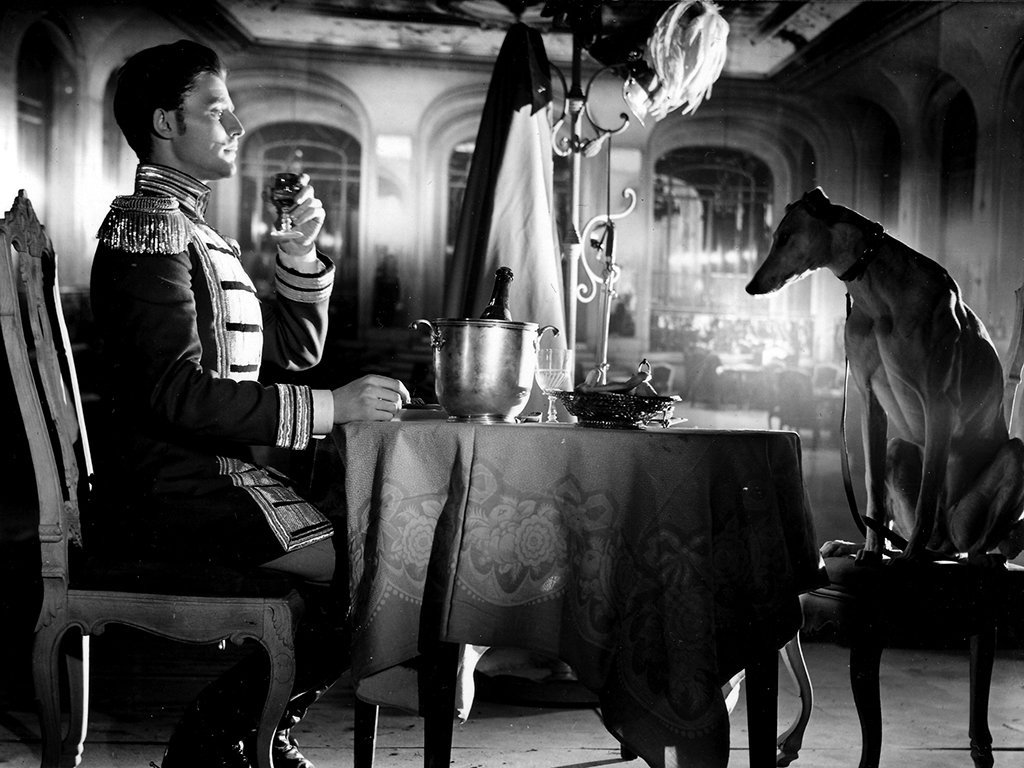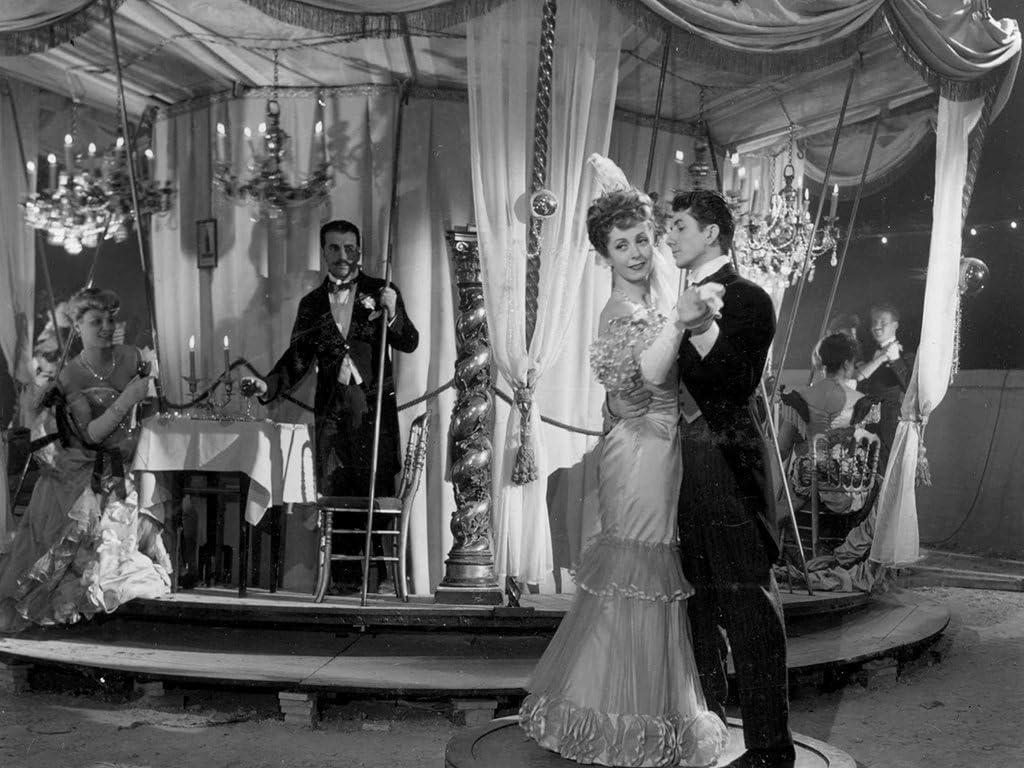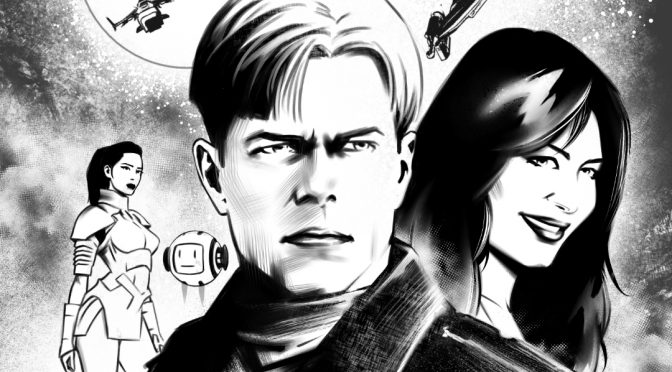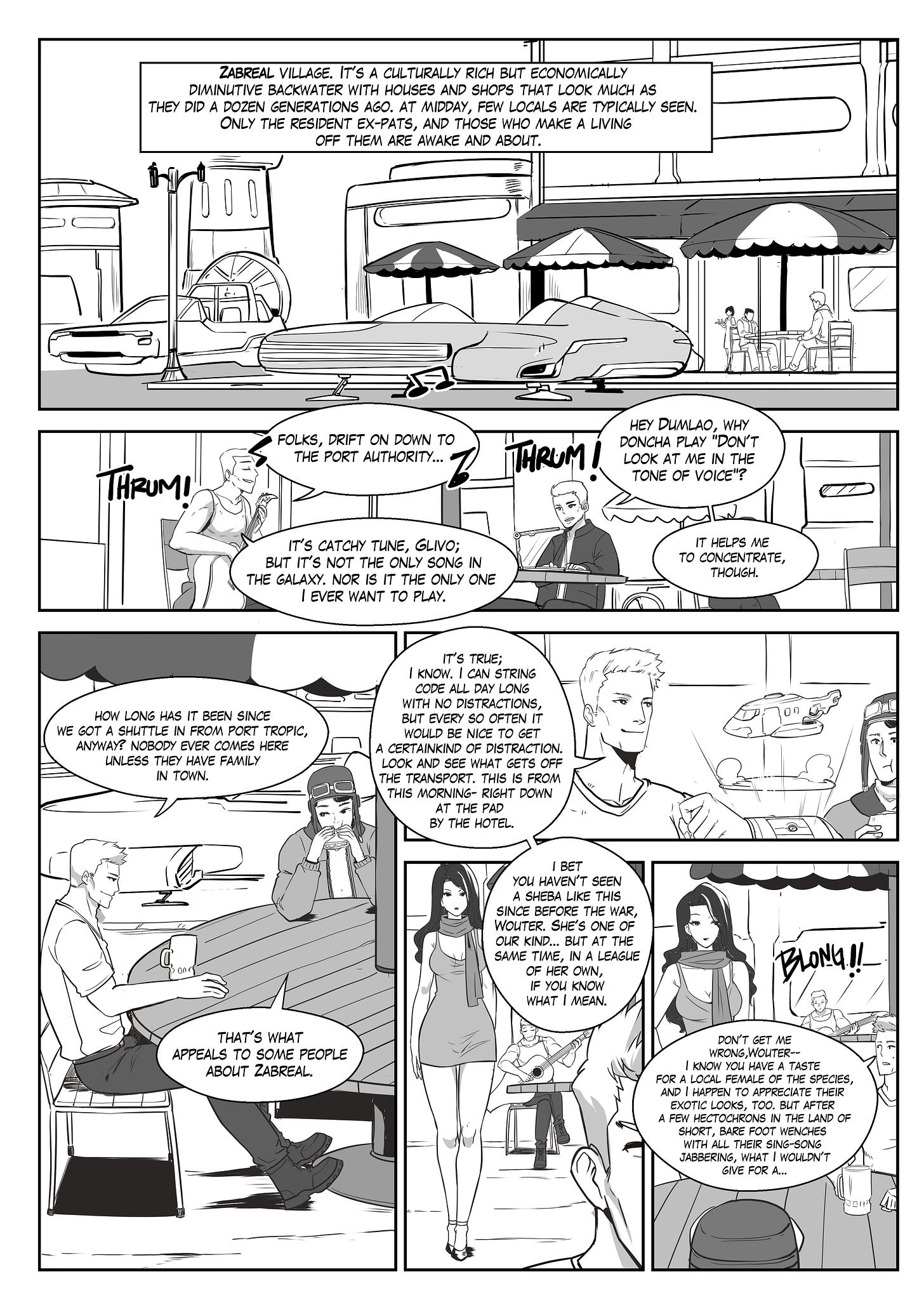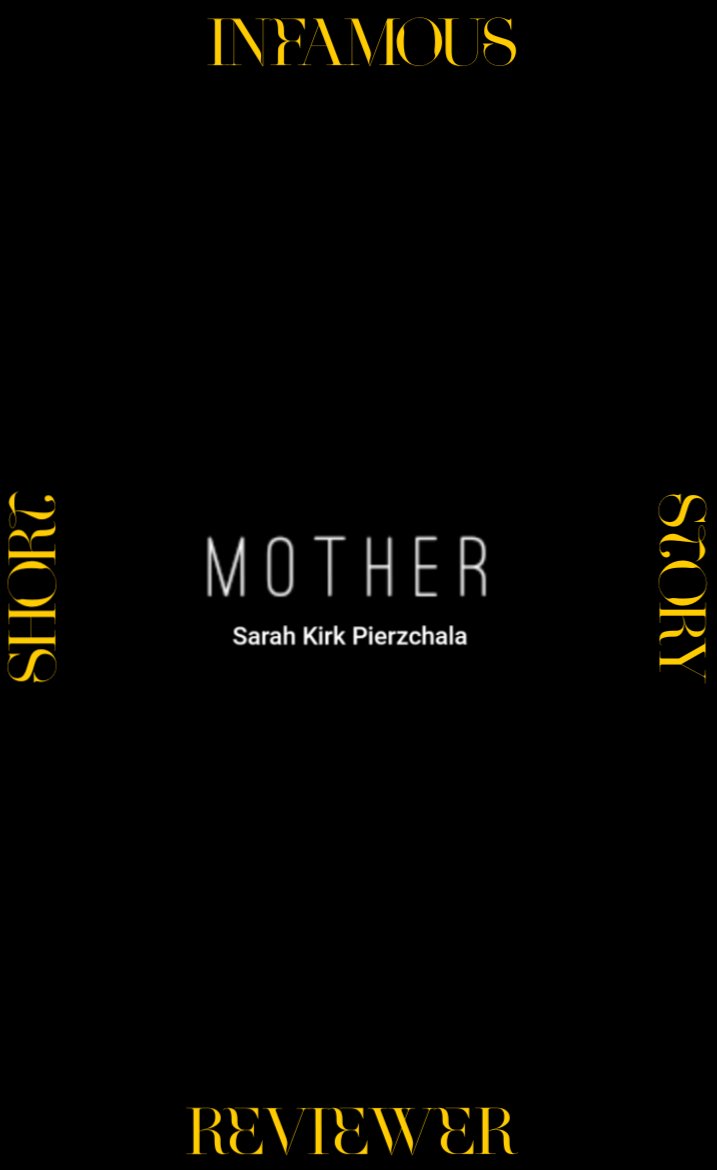The Strange Recollections of Martha Klemm: Sara was Judith
by Julian Hawthorne
~ Reviewed by

Sara was Judith is a novel that many today label as ‘weird pulp’ but I personally don’t like that term because it unfairly limits the range and multifaceted aspects of this novel.
It first appeared in 1920 as part of The Strange Recollections of Martha Klemm written by Julian Hawthorne. Recently, a splendid new edition was released by Cirsova Publishing in collaboration with none other than Wild Stars’ creator Michael Tierney. Shout out to Cirsova and Tierney; we need more of these gems of fiction literature to be brought back to life (pun intended, for those who’ve already read this story!).
THE AUTHOR:
Hawthorne is a very introspective writer and is able to dissect a character’s profile with surgical precision, both from a physical and psychological standpoint. He also applies this overly descriptive style of writing to things, even natural events. The description of an incoming storm in chapter 9 is perhaps one of the highlights of the entire novel. Not only does it represent one of the most crucial moments in the plot but it is also able to transport the reader right into the middle of this incoming thunderstorm in New England with such realistic description of prelude/destruction/aftermath that the memory of it all will certainly linger in the mind long after putting down the book.
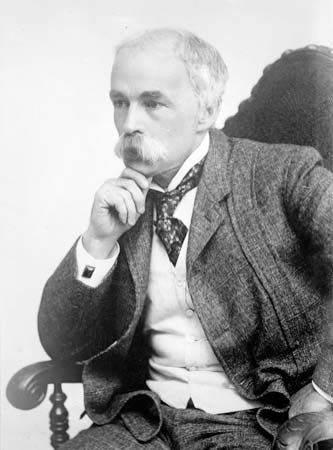
PLOT:
It would be hard to speak of the plot in a way that would aid this review. Not much can be dispelled if you want to experience the full impact of it. Basically this is all narrated from the perspective of Martha Klemm, who tells us about one of her former school friends, Sara, and how strangely fascinating a person she was since childhood. In her adult life she marries and against all odds (read the story for further details) she gives birth to a daughter, Judith. To the big surprise of Martha, the daughter is nothing like her unattractive and ordinary parents. When tragedy strikes and Judith dies in a tragic accident Sara commits suicide by hanging. But then a few hours after being declared officially dead, she wakes up…Only that as time goes on Martha senses that her long-time friend is acting more like her deceased daughter Judith…
LOCATIONS:
Events will take the reader from Boston to Long Island, from Paris to London, from Geneva to Dresden. Again, the blend of Hawthorne’s attention to detail combined with his personal experience (he himself had visited those places) really offer a ‘virtual’ roundtrip fair to these captivating locations: visit the most gorgeous XIX century homes and hotels, attend the most prestigious plays in some of the most renowned theaters, and meet some of the most peculiar and fascinating people. THAT alone is worth reading this book!
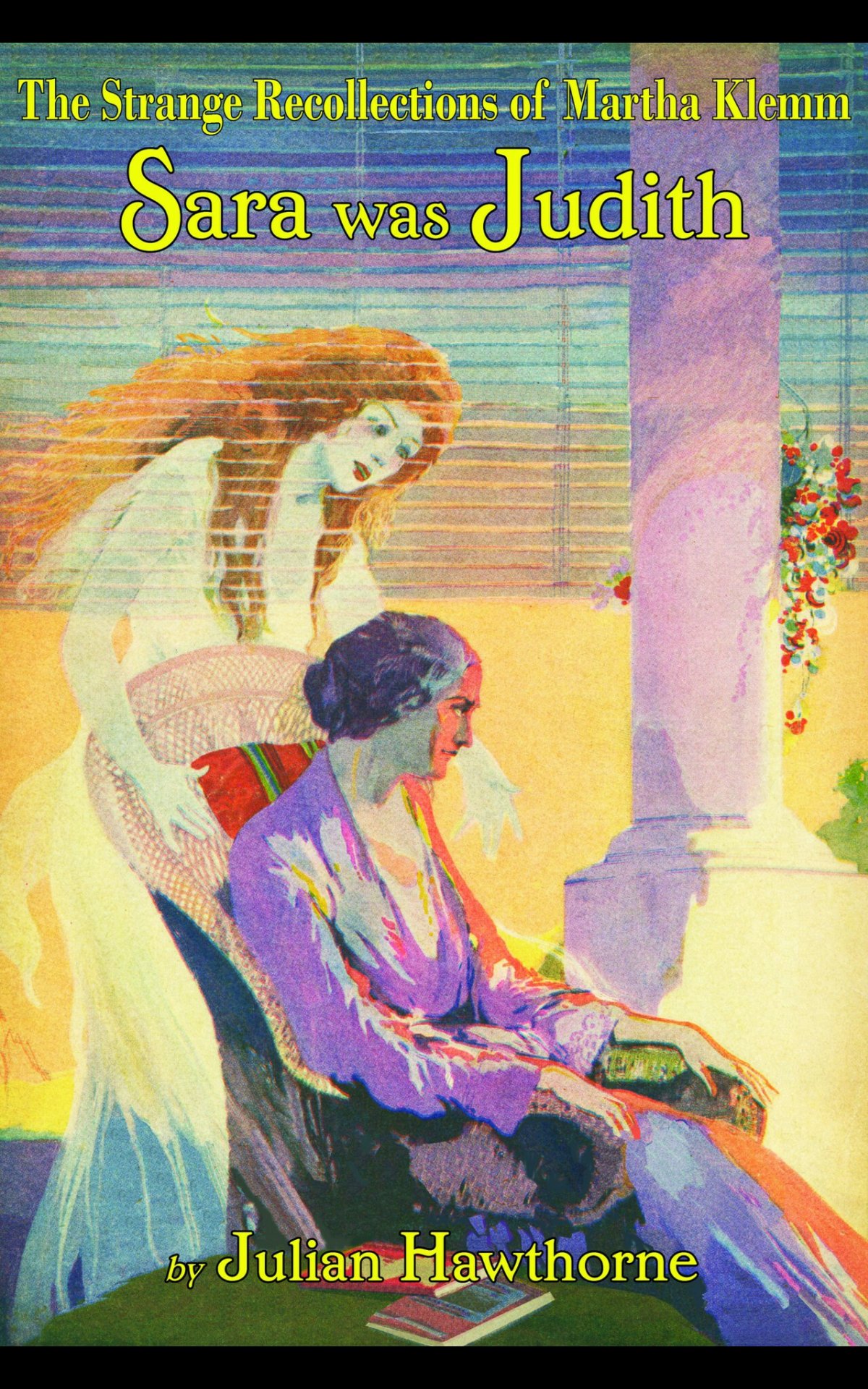
MYSTERY:
The story slowly raises a series of mysteries before the reader. Who is Sara/Judith really? What’s her real purpose? Why does her persona seem to have such a magnetic effect on men (and women) alike? Is she angel or demon, Martha asks herself?
SUPERNATURAL–THEN AND NOW:
If we read a novel like SWJ and compare it to most current novels that deal somewhat with the ‘supernatural’ we will notice that much has changed. Today it seems as though readers always expect a very direct and graphic approach: demon-possessed characters who speak with guttural voices, climb walls like Spiderman, or can turn their necks a whole 360 degrees! But I ask: does all that create a more suspenseful and compelling story at the end of the day?
Hawthorne adopts a completely different approach; he is subtle and challenges the reader to try and find out who exactly Sara/Judith is. There’s no need to change her voice, or give her red eyes, or fangs. In fact, her sweet charming voice and irresistible beauty are the most frightening of elements in the story: “Kiss me! I bring you all the kingdoms of the earth! Nothing can stand against legion! Tonight was the beginning of our festival. Together, we’ll depopulate the world! Come—” This is mental and spiritual warfare at its highest level!
CONCLUSION:
Sara Was Judith is a masterpiece in my opinion. I can’t even classify it into a specific genre because there’s too much it unpacks. I’m not sure if Hawthorne was a Christian believer but there are a lot of Biblical references all throughout the story that are accurate and heighten the intrinsic value of this novel. We also have many references to Greek and Roman mythology, all adding layers upon layers to a story that up to this day, still leaves me in awe and wonder!
Legends live on!
🦀
Stay tuned for the next review in our Trends Die Out/Legends Live On series:
SHE by H. R. Haggard
![]()
